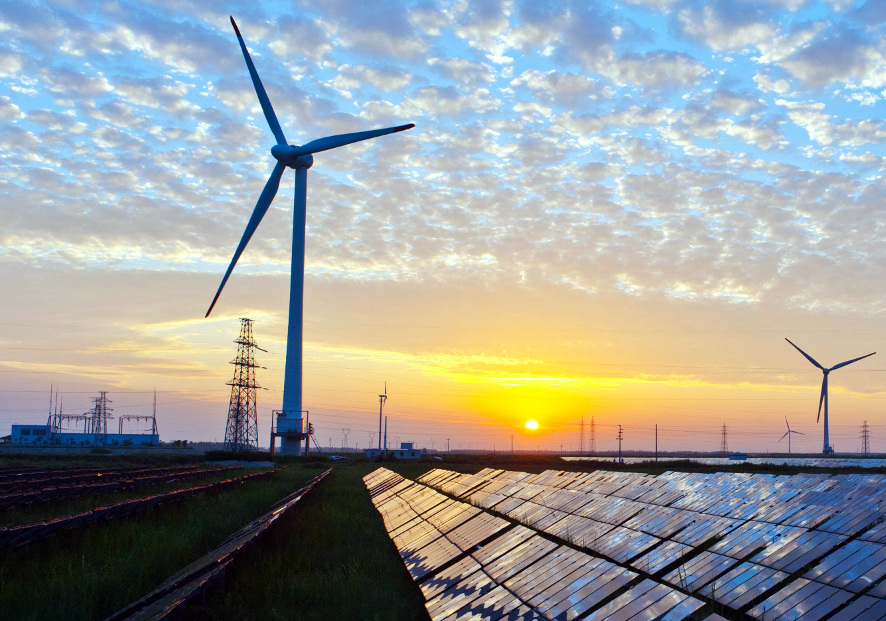
Born after 1996? Or 1981? You are 70% more likely to rate climate change as the top priority for your future (Pew Research Center 2021). Universities are responding, integrating climate and environmental studies into the curriculum. University of Massachusetts Boston founded the School for the Environment, as well as the Sustainable Solutions Lab and Stone Living Lab. MIT’s Environmental Solutions Initiative (ESI) founded in 2014 involves design, engineering, humanities, policy, science, social science, and technology. Harvard’s Center for the Environment (HUCE) offers research, policy, science, climate leaders program, and special events like “Literature for a Changing Planet.” University of Southern California inaugurated “Sustainability Across the Curriculum” weaving the environment into majors of 20,000 undergraduates.

Upon graduation, a new generation will find the jobs of the future. Throughout history, great undertakings, like the Manhattan Project, Snowy Mountains Hydroelectric, attracted those seeking careers in new energy. Now, a similar surge in energy employment means you can do well by doing good: average pay for climate scientists is $73,230; environmental lawyers earn median salary of $122,960. Not all jobs require traditional degrees: urban farmers earn $71,160. (US Bureau of Labor Statistics/Guardian 2021).

According to the International Energy Agency (IEA), the transition to a global net zero energy system will see renewables like solar and wind power dominate, while bioenergy and carbon capture will develop innovative approaches. There are 400 milestones to guide development, with total annual energy investment of $5 trillion by 2030.

Climate change will cause an era of innovation more comprehensive than we have seen in the history of the world. Every field will be impacted; every field will see innovation. Rachel Larrivee, 23, Boston-based environmental consultant, says it well: “I’m in the first generation who knows the extent to which climate change poses an existential threat to life on Earth, and also the last generation who may be able to do anything about it.” (Lashbrook, 2021.)
International Energy Agency (IEA). “Net Zero by 2050: A Roadmap for the Global Energy Sector.” Report May 2021. https://www.iea.org/reports/net-zero-by-2050
Lashbrook, Angela. “‘No point in anything else:’ Gen Z members flock to climate careers. Colleges offer support as young people aim to devote their lives to battling the crisis.” 6 September 2021. The Guardian. https://www.theguardian.com/environment/2021/sep/06/gen-z-climate-chnage-careers-jobs
Pew Research Center, by Alec Tyson, Brian Kennedy, Cary Funk. “Gen Z, Millennials Stand Out for Climate Change Activism, Social Media Engagement With Issue.” May 2021. https://www.pewresearch.org/science/wp-content/uploads/sites/16/2021/05/PS_2021.05.26_climate-and-generations_REPORT.pdf
Thanks to Yujin Asai of dotmeta.com for sharing this research.
Building the World Blog by Kathleen Lusk Brooke and Zoe G. Quinn is licensed under a Creative Commons Attribution-NonCommercial-NoDerivs 3.0 Unp
